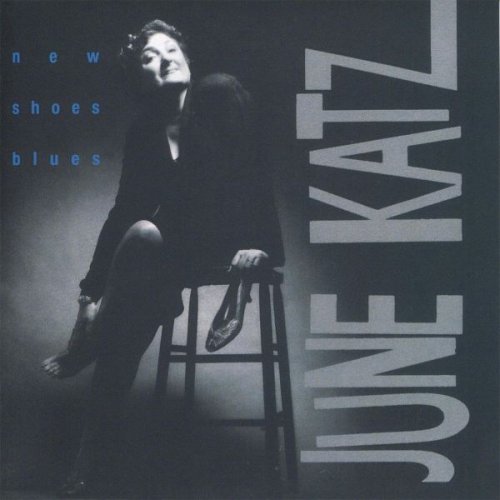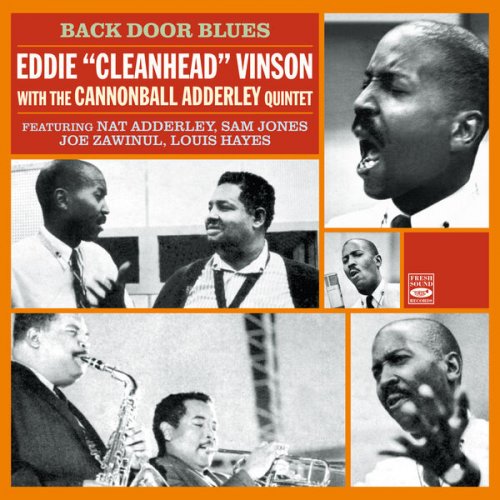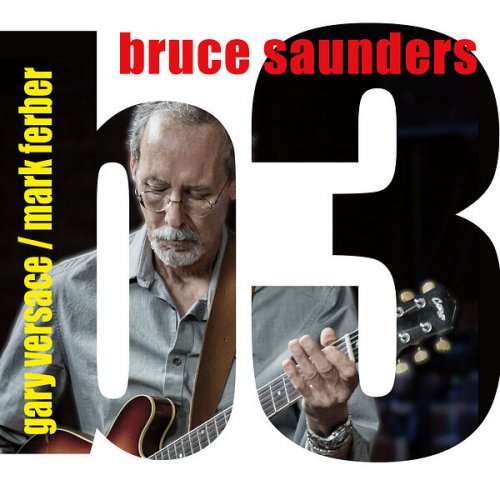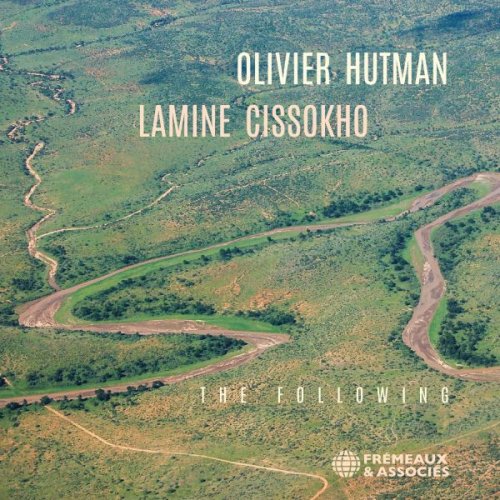Iro Haarla Sextet - Kolibri (2013)
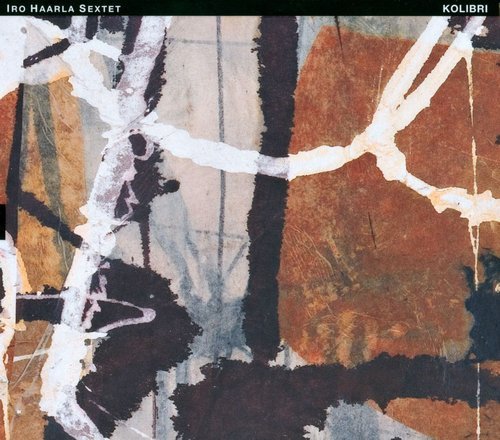
Artist: Iro Haarla Sextet
Title: Kolibri
Year Of Release: 2013
Label: TUM Records
Genre: Free Jazz, Contemporary Jazz
Quality: FLAC (tracks+.cue,log,scans)
Total Time: 01:01:12
Total Size: 344 MB
WebSite: Album Preview
Tracklist:Title: Kolibri
Year Of Release: 2013
Label: TUM Records
Genre: Free Jazz, Contemporary Jazz
Quality: FLAC (tracks+.cue,log,scans)
Total Time: 01:01:12
Total Size: 344 MB
WebSite: Album Preview
01. Nightjar (Haarla) - 7:48
02. Procession (Haarla) - 12:11
03. Kolibri (Haarla) - 8:24
04. Spirit Bear (Haarla) - 7:04
05. Sad But True (Haarla) - 7:15
06. Legend of Cranes (Haarla) - 8:47
07. Vesper (Haarla) - 9:43
Finnish pianist Iro Haarla has expanded her customary quintet approach—trumpet, saxophone and rhythm section—with the addition of a third horn, Jari Hongisto's trombone, on Kolibri. The sextet is composed of some of Finland's most dynamic improvisors, and Haarla has given these vibrant artists the space to move the music in their own individual directions within the framework she has laid down.
From the first notes of the opener, "Nightjar," the music—spacious, minimalist in Haarlas' piano part, and initially featuring Kari Heinila's haunting tenor saxophone—creates a dream-like soundscape. Drummer Markku Ounaskari provides complex textures outside of the mode of timekeeping, and the three horns' interplay displays a subtle gorgeousness to round out this achingly beautiful ballad.
"Where "Nightjar" suggests fragility, and perhaps melancholy, "Procession" exudes a power and strength via surging rhythms pushed forward by Ulf Krokfor's powerful bass lines. Trumpeter Verneri Pohjola interweaves his fiery solos with Heinila and Hongisto, the three horns shining brightly with the tonal range of a big band.
The sound of Kolibri, on a blind listen, could easily draw the guess "is this one of those recent ECM Records?" The music unfolds at a patient pace, with a coolness and loose precision coming from six master improvisers. Indeed, Haarla has recorded at ECM, on many of the late Edward Vesala's (1945-1999) discs, as well as two more as a leader: Northbound (2006) and Vespers (2011), both outstanding quintet outings.
The title tune opens with spare piano notes inserted into a vast space, followed by single, well-spaced bass notes, until Heinila's flute blows in like a birdsong. "Kolibri" is Finnish for "hummingbird," and the tune—along with "Nightjar" and "Legend of Cranes"—form a sort of "Bird Suite," inspired by Haarla's fascination with the lives and struggles of birds, the juxtaposition of their delicate appearances with their toughness and ability to survive a harsh world.
The music of Kolibri has a visceral quality, sounding like something that has existed through the ages—delicately beautiful in its abstraction, sometimes nebulous, but always underlain by an earnestness and elemental strength. Extraordinary music.
From the first notes of the opener, "Nightjar," the music—spacious, minimalist in Haarlas' piano part, and initially featuring Kari Heinila's haunting tenor saxophone—creates a dream-like soundscape. Drummer Markku Ounaskari provides complex textures outside of the mode of timekeeping, and the three horns' interplay displays a subtle gorgeousness to round out this achingly beautiful ballad.
"Where "Nightjar" suggests fragility, and perhaps melancholy, "Procession" exudes a power and strength via surging rhythms pushed forward by Ulf Krokfor's powerful bass lines. Trumpeter Verneri Pohjola interweaves his fiery solos with Heinila and Hongisto, the three horns shining brightly with the tonal range of a big band.
The sound of Kolibri, on a blind listen, could easily draw the guess "is this one of those recent ECM Records?" The music unfolds at a patient pace, with a coolness and loose precision coming from six master improvisers. Indeed, Haarla has recorded at ECM, on many of the late Edward Vesala's (1945-1999) discs, as well as two more as a leader: Northbound (2006) and Vespers (2011), both outstanding quintet outings.
The title tune opens with spare piano notes inserted into a vast space, followed by single, well-spaced bass notes, until Heinila's flute blows in like a birdsong. "Kolibri" is Finnish for "hummingbird," and the tune—along with "Nightjar" and "Legend of Cranes"—form a sort of "Bird Suite," inspired by Haarla's fascination with the lives and struggles of birds, the juxtaposition of their delicate appearances with their toughness and ability to survive a harsh world.
The music of Kolibri has a visceral quality, sounding like something that has existed through the ages—delicately beautiful in its abstraction, sometimes nebulous, but always underlain by an earnestness and elemental strength. Extraordinary music.
![Mateus Asato - ASATO (2026) [Hi-Res] Mateus Asato - ASATO (2026) [Hi-Res]](https://www.dibpic.com/uploads/posts/2026-02/1772112407_egqdz3e9dom2b_600.jpg)
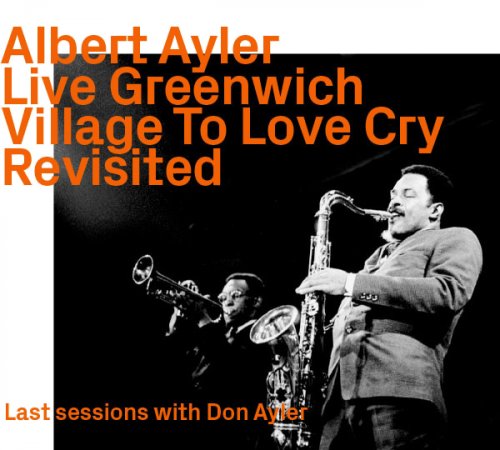
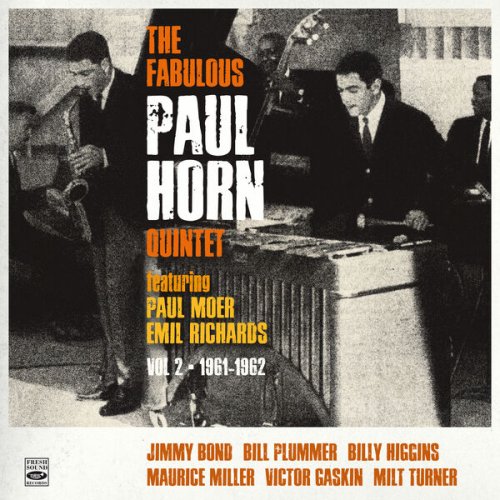
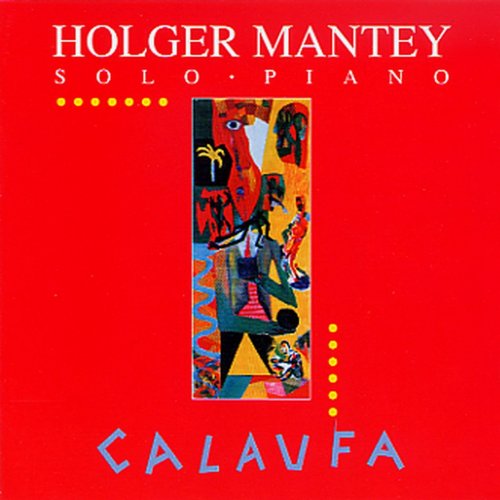
![The Mood Mosaic & Fausto Papetti - Bésame (Y Haz De Mi Cuerpo Tu Reino) (2026) [Hi-Res] The Mood Mosaic & Fausto Papetti - Bésame (Y Haz De Mi Cuerpo Tu Reino) (2026) [Hi-Res]](https://www.dibpic.com/uploads/posts/2026-02/1772125285_cover.jpg)
